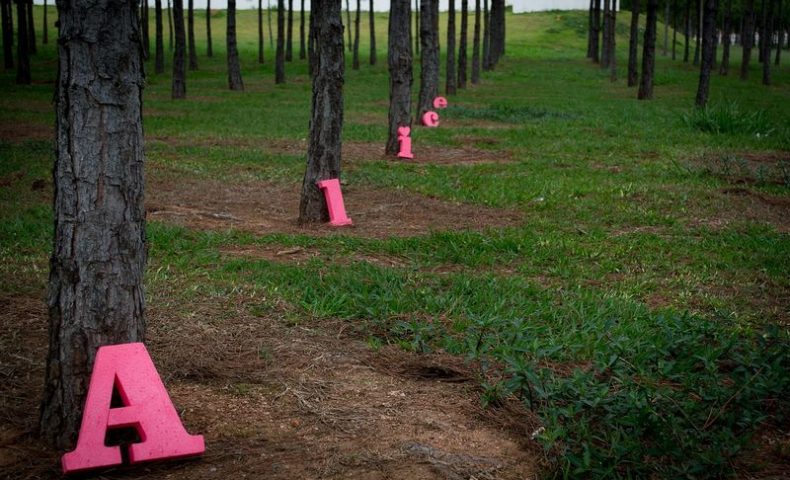Meaning: probably; I guess; I suppose; it seems that
Grammar Point
「でしょう」 is used to express a level of some certaintyThe auxiliary でしょう is used to express the speaker’s guess, supposition, or prediction.It is often used when the speaker is not completely certain but believes something is likely to be true. It can be used for weather forecasts, appearances, or events.
Formation:
Noun + でしょう
Verb + でしょう
Adjective + でしょう
日本語 / にほんご / Japanese
(1) 明日は天気がいいでしょう。
(2) 明日はくもりでしょう。
(3) 今夜は月がきれいでしょう。
(4) これは弟の新しい帽子でしょう。
(5) あの人は田中さんでしょう。
(6) 今日、友達は町に来ないでしょう。
ことばと表現 / Words & Expressions
天気【てんき tenki】weather
いい【ii】good
くもり【くもり kumori】cloudy
今夜【こんや konya】tonight
月【つき tsuki】moon
きれい【きれい kirei】beautiful / clean
帽子【ぼうし bōshi】hat / cap
人【ひと hito】person
英語 / えいご / English
(1) The weather will probably be good tomorrow.
(2) It will probably be cloudy tomorrow.
(3) The moon will probably be beautiful tonight.
(4) This is probably my younger brother’s new hat.
(5) That person is probably Mr. Tanaka.
(6) My friend will probably not come to town today.
ひらがな / Hiragana
(1) あしたは てんきが いい でしょう。
(2) あしたは くもり でしょう。
(3) こんやは つきが きれい でしょう。
(4) これは おとうとの あたらしい ぼうし でしょう。
(5) あの ひとは たなかさん でしょう。
(6) きょう、 ともだちは まちに こない でしょう。
ローマ字 / Roman letters
(1) Ashita wa tenki ga ii deshou.
(2) Ashita wa kumori deshou.
(3) Konya wa tsuki ga kirei deshou.
(4) Kore wa otōto no atarashii bōshi deshou.
(5) Ano hito wa Tanaka-san deshou.
(6) Kyō, tomodachi wa machi ni konai deshou.






























No comments yet.